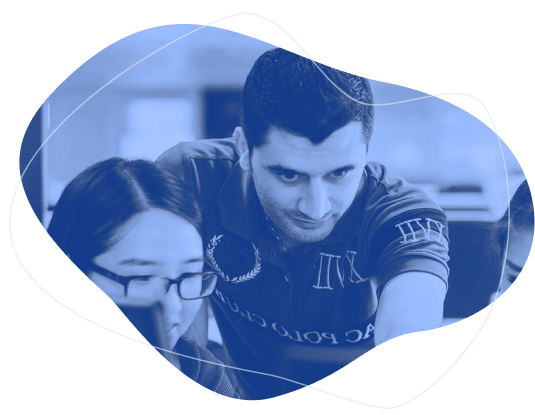Core Fundamentals
There are underlying capabilities on top which everything else is developed. While in and on themselves they can be a whoile life's study, we look for basic profficiency in issues such as mathematics (particularly linear algebra and calculus), statistics (both frequentists and bayesian), data literacy and self learning. Some materials provide more depth than what is just required for the rest of the capabilities, but since they represent the basic language and understanding, core competencies, it makes sense to be able to learn them further.
Specific Contents (3)
Data Science and Analytics Foundations
Data Science is the central approach in how to apply, and make useful, AI in businesses and organizations. It entails articulating approaches and tools ranging from statistics, machine learning, operations research, data visualization, storytelling and more. While the other capabilities provide the specialized knowledge to be applied, this is the backbone upon which they are used wisely.
Specific Contents (4)
Machine Learning
Machine learning (whether shallow or deep) represents one on the main tools to produce AI algorithms and applied data science processes. This capability deals with the fundamentals of machine learning and deep learning, as well as understanding on practical aspects like taxonomy of faults, interpretable machine learning or understanding hot topics like transformers. It is important to understand that deep learning is not a "better" machine learning, but a sub-field of it, so many pieces relating to machine learning will go beyond the scope of deep learning!
Specific Contents (2)
Artificial Intelligence Domains
While AI is largely confounded with machine learning, this does the field - and practitioners - a disservice, asthere are specialized approaches and subject matters than makes sense to know. Many of them will be tackled with the assistante of deep learning, but it is important to know the specifics and how to deal with: computer vision, natural language processing, simulation, optimization, and so on.
Specific Contents (5)
Machine Learning Engineering
Machine learning as a field is one thing. Everything that is required to make it work in the real world (a.k.a. engineering) is another. This capability gos through aspects of software engineering applied to AI like coding, versioning, environments, operations and more, with the specifics and tweaks to make them suitable to AI.
Specific Contents (2)
Project and Business Sense
AI projects can only be effective if they are grunded in a correct understanding of the business context, and not just the technicalities. This capacility deals with getting the business "sense" and understanding how to ttackle AI projects to make the most of them for us and our clients.
Specific Contents (1)

